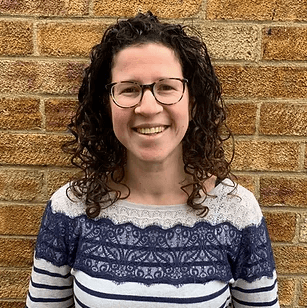Psychology Bsc, Doctorate in Clinical Psychology. Trained in diagnosis of Autism

Dr Laura Drage
Clinical Psychologist
Key Info About Laura
Qualifications:
Therapy used:
Cognitive Behavioural Therapy, Systemic Therapy, Narrative Therapy, Solution-Focused Therapy
Ages worked with:
18+
Clinics at:
East Finchley (N2)
Health insurance coverage:
Aviva, AXA, BUPA, Cigna, Vitality, WPA and other providers
Accreditation:
Health and Care Professions Council (HCPC), British Psychological Society (BPS)
Hi! I’m Laura and I’m a Chartered Clinical Psychologist.
Can you tell me a bit about you?
I work with young people with emotional, behavioural, and/or learning difficulties, and those with social communication difficulties. I also specialise in Autism assessments.
What is your experience?
I have 15 years’ experience in the NHS and privately, working with 0-18 year olds (and their families) with a range of emotional, behavioural and/or learning difficulties, and those with social communication difficulties. Previous positions include: sole psychologist in an Adolescent Outreach Team, CAMHS, working with young people with severe mental health difficulties and their families; adolescent lead psychologist in a CAMHS Disability Service working with young people with learning difficulties and/or autism spectrum conditions and their families.
What is your approach?
I use an integrative approach, thinking with the client and family about what models best fit with them. I draw on techniques from cognitive-behavioural therapy (CBT), as well as systemic and narrative theory and solution-based practices.
When working with young people, I believe it is essential to understand the system around them, and how the individual operates within that. Systemic principles help me understand any problems not in isolation but in connection to how others respond to the young person and vice versa (schools, family, friends etc). This also helps to not locate the problem in the young person and to open up conversations to incorporate the context and culture they live in.
What are things I can help with?
-
Behavioural difficulties (e.g. challenging behaviour, difficulties sustaining attention, conflict with family and peers, anger).
-
Emotional difficulties (e.g. low mood, anxiety, panic, issues around self esteem, trauma, fears/phobias, obsessions, bereavement self harm).
-
Issues around everyday functioning (e.g. sleeping, feeding, toileting).
-
Parenting issues (e.g. negotiating boundaries, parental support and coping, co-parenting difficulties, impact of separation/divorce).
-
Issues specific to learning disabilities and social communication difficulties (e.g. adapting therapeutic models to fit with individual learning profiles, social skills, difficulties at school). This can include assessments of social communication difficulties.
Assessment of difficulties with Social Communication
This will be a thorough in-depth assessment. The assessment will follow best practice guidelines as used in the NHS. It will include a full developmental history with the carers, school observation and/or discussions, and a play-based assessment with the child.
In most cases an ADOS (Autism Diagnostic Observation Schedule) will be conducted with the child. This is a fun interactive play-based assessment.
Prior to the assessment, families will be supported to think through their goals in undertaking an assessment. Post-diagnostic explanation and support will be offered including an in-depth report outlining the child’s strengths and areas for development and options for therapeutic and psychoeducational support.
